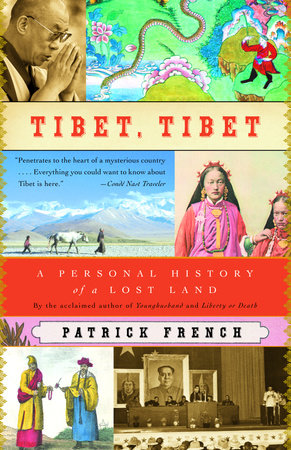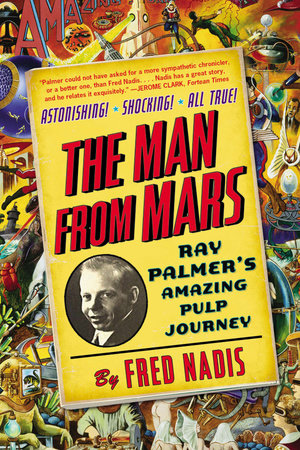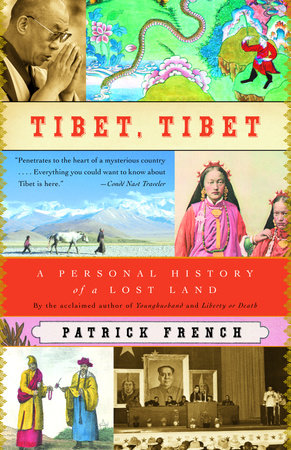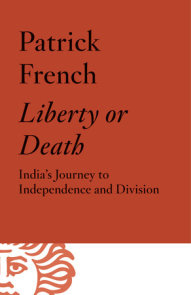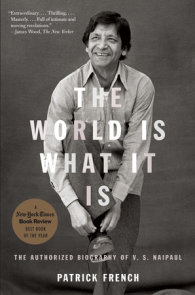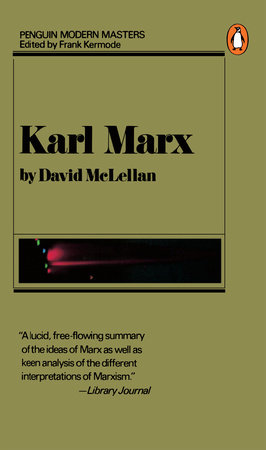Author Q&A
A Conversation with Patrick French
Author of TIBET, TIBET
Q:When you returned from your first visit to Tibet and China in 1986, you helped form Free Tibet Campaign. What did you see then that inspired you to action?
A:It was reading the history of Tibet as much as what I saw when I was there the first time. It just seemed so unjust that a small country could be invaded and destroyed by an alien political system, Maoist theories that had no connection with the traditions or culture or religion of Tibetans. At that time, the Tibetan cause was largely unknown and seemed very clear to me, a terrible injustice. Visiting China and Tibet in 1986, it was very hard to understand what was going on. Most of the time you just had to cope with being stared at, and people were unwilling to talk to you: foreigners were such a curiosity in China at that time.
Q:What were the main goals of the various Western Tibet movements in those early years, and how did you hope to accomplish them? What was your relationship with the exiled government of the Dalai Lama?
A:In the early days the foreign campaigning groups took their lead from the Dalai Lama’s exiled government; today they make more of an effort to stress their independence. We were finding our way, hanging out in Dharamsala, talking about how to get people interested in the Tibetan cause. Richard Gere was there at that time – he was the only celebrity who was interested in those days. I guess our main goal was to give a voice to Tibetans and see if we could get foreign governments to exert pressure on China, and somehow secure Tibetan independence. So it was a big ambition.
Q:When the media–and the larger public–started paying attention to your cause, did you start seeing results?
A:We got results in terms of support and new members for Free Tibet Campaign. It was the International Campaign for Tibet in Washington that was the most influential part of this popularization. So there were results in that sense. But the effect, in hindsight, was to harden Beijing’s position and make the situation inside Tibet worse. I go into this in some detail in Chapter 10 of my book– the way that overseas idealists in the end did more harm than good. We failed to anticipate the likely reaction of the Chinese leadership to this pressure.
Q:How has the Dalai Lama influenced the movement? What were your feelings about his involvement in the beginning?
A:I thought it was good that he was invloved, although the Dalai Lama always kept some distance from the campaigners. He was careful not to align himself too openly. But there was always an ambiguity in his position. You would get these messages, rumours– His Holiness says we should do this, His Holiness says we should do that. You never quite knew whether the instructions were genuine, and coming from him directly.
Q:The Dalai Lama just completed another tour of the US. Has his mission–or his message–changed in 20 years?
A:Well, the Dalai Lama knows he has a weak hand politically so he is doing his best to get himself back to Tibet and hope he can influence the process that way. That’s his central mission. His message of love and compassion is unchanged. He gets good feedback when he talks to Westerners and enjoys his US tours. But his central, inner life is his Buddhist practice–as he says, he’s a "simple monk", certainly more than he’s a political thinker.
Q:You accuse Westerners of turning the Dalai Lama into "whoever we want him to be, a cuddly projection of our hopes and dreams." How have we appropriated his image–and Buddhism’s–and why is this so dangerous?
A:Well, it’s phoney. It’s a version of the Dalai Lama invented for our own entertainment. I think it distracts from the reality– the problems, the complexity, the moral compromises– faced by Tibetans who actually live in Tibet. Their story is rarely heard. I have tried to give a voice to those people in my book and show their points of view.
Q:You returned to Tibet in 1999, and saw. . . .?
A:I saw an abnormal society, where the constant presence of the secret police had made people unable to think straight. In urban Tibet, there was always the possibility that someone– a neighbour, a friend– might be an informant. When you live in a democracy it’s very hard to understand what that kind of control does to someone’s mind. I tried to get beneath it, and find out how and why this situation had been created. I did a lot of interviews about the events of the 1950s and 60s, the Great Leap Forward and the Cultural Revolution, when the process of mental cleansing was at its worst. Obviously all this had to be done in secrecy, so as not to put people at political risk.
Q:When you returned, you resigned from Free Tibet Campaign, saying that "our enthusiasm for the Dalai Lama has not translated into any tangible benefit for Tibetans." Why is that, and what do you think is the proper course of action now?
A:Well, the free Tibet movement was very idealistic, but it hasn’t achieved its aims. Tibet is not free, and in practice there is little prospect of a free Tibet until there is a free China. I’m careful in the book not to be too prescriptive– I didn’t want to write a "10 Easy Steps to Liberating Tibet" sort of book– foreign interference in Tibetan affairs is one of the
reasons the place is such a mess now.
Q:Currently, you are working on a two-volume, authorized biography of V.S. Naipaul. What can you tell us about it so far?
A:It’s the most extraordinary project of my life. Naipaul is a very complex person, who excites strong views. He’s one of the most important writers of the 20th century, and his journey from colonial Trinidad to winner of the Nobel Prize is remarkable. I have exclusive access to his personal archives.
